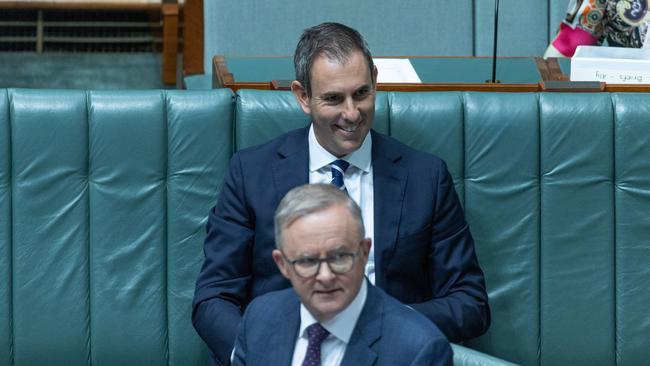
Just now that system is effectively upside-down, favouring multi-millionaires and blocking younger Australians from building wealth for themselves in retirement.
If an “equitable and sustainable” system is the stated ambition of the government, then making these six simple changes would be the best place to start.
1. Raise the amount you can contribute to super with pre-tax dollars
The incentives for younger people to put money into super have faded in relative terms as the contribution limits were gradually reduced in recent years. In fact, if you allow for inflation, the limits continue to drop in real terms. Surely, it would be better to have more people with substantial super to ease pressure on the pension system?
But in reality, the situation is about to get worse. That’s because the total amount you can have tax free in super is about to be raised, while the amount you can contribute pre tax will not change.
From July 1, the amount you can have in tax-free super moves from $1.7m to $1.9m – because it is indexed to our soaring rates of consumer inflation. But there will be no change in the $27,500 per annum limit to pre-tax contributions because is its tied to wage inflation, which is lagging behind.
Moreover, with the Superannuation Guarantee Charge continuing to rise – it goes to 11 per cent on July 1 – the amount that people can actually voluntarily contribute gets even smaller. (Remember, the SGC must be subtracted from the $27,500 figure).
2. Fund the higher contribution limits with a “cap” of $5m per person
The presence of a very small group of very wealthy people – about 11,000 – who are enjoying unlimited amounts of tax-protected income inside the super system is a problem that must be fixed. It undermines the efforts of the majority to have a comfortable retirement.
A solid solution is the proposal to limit the amount that can be held in the super system to $5m per person: A couple could have $10m in super. Under such a plan, this couple could make an expected $600,000 a year in combined income with a substantial portion still tax free (They are allowed to have $1.7m each where the earnings are tax free).
Yes, this would be a backflip. But it could be done to fund an increase in the contribution limits.
What’s more, any one of the 11,000 with more than $5m in super can afford a financial adviser to point out the many ways left to optimise their tax affairs.
3. Get serious about the First Home Super Saver Scheme
The “purpose of super” debate is going to trigger an examination of early access to super. The current rent crisis, in which vacancy rates are less than 1 per cent, adds to an already compelling case for Australians to access their own super savings to buy a home.
Just now we have the First Home Super Savers scheme; The program is extremely limited and poorly designed but it has established a precedent of a strictly targeted super access scheme.
The scheme should be improved and the existing structure which includes the banks should be harnessed. This is not releasing super early so that some people can go shopping or gambling which occurred during the pandemic. Rather it allows people to achieve home ownership, which is a key goal for every government.
4. Confirm that super savers should be allowed to borrow for investment property
There are more than one million people with self managed super funds, which represent the most active and nimble investors in the market. They can buy bitcoin, they can buy highly leveraged hedge funds, but there remains a question mark over whether they are allowed to borrow funds to buy property.
The cloud over the sector dates back to the Murray Review and the financing of SMSF property is marginal and uncompetitive. The SMSF sector, through investment in residential property, can revive the supply of rental property. But investors will not come back until there is clear assurance from the Albanese government borrowing will not be banned in the future.
5. Direct salary and super payments to be paid at the same time
Underpayment and non payment of super is a major issue, and fixing this fault would assist the most vulnerable and make super more inclusive. Just now, employers pay workers on a different cycle to when they pay their super: As super becomes more and more important through the lift in the SGC, which has moved from 3 per cent to 10.5 per cent since it was introduced, the risks of underpayment rise.
Many employers say it is not any harder to do the paperwork tied to a conventional pay cycle than to pay quarterly under the current system. It’s a simple solution to a big problem.
6. Revive the declining SMSF sector
From a flourishing sector a decade ago, the number of people now opening their own self managed super funds is in decline. As people give up on SMSFs they will inevitably trickle back towards the pension system. Industry experts suggest the decline is linked with tighter contribution caps. But there is also the reality that new incentives in the SMSF sector have been non existent, while onerous regulation by the ATO – which is both regulator and tax officer – makes it all too difficult.
Similarly, ASIC has previously over-estimated how much money and time it takes to run a super fund. A truce with regulatory agencies on undercutting the SMSF sector could in itself spark a revival.


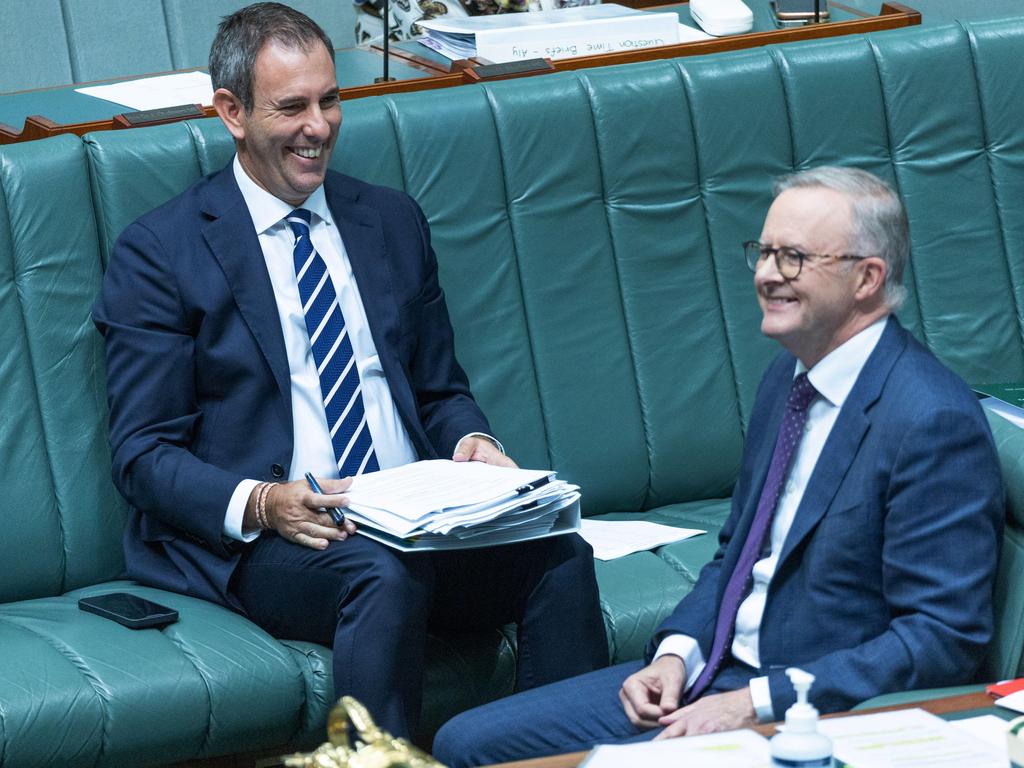

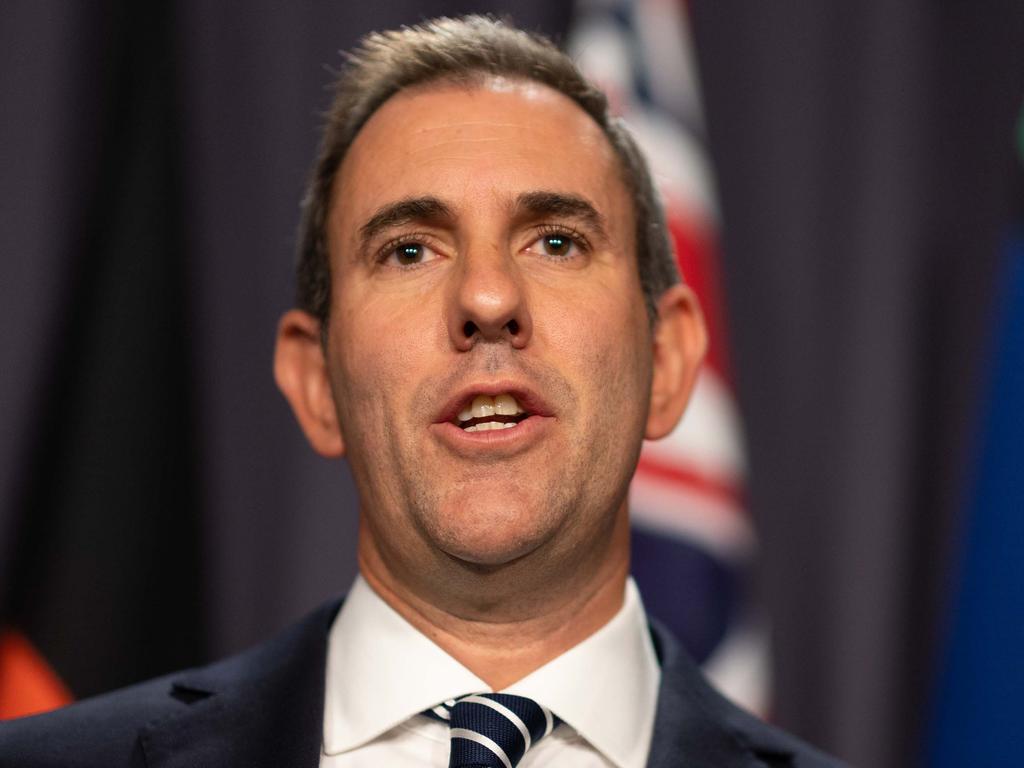
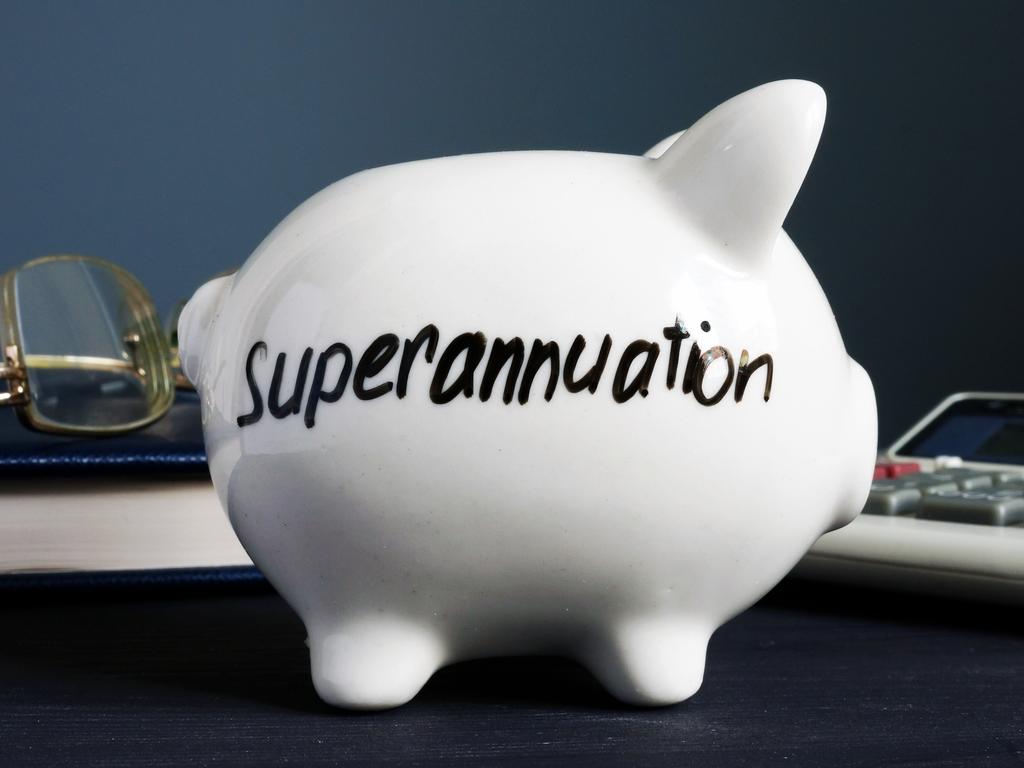
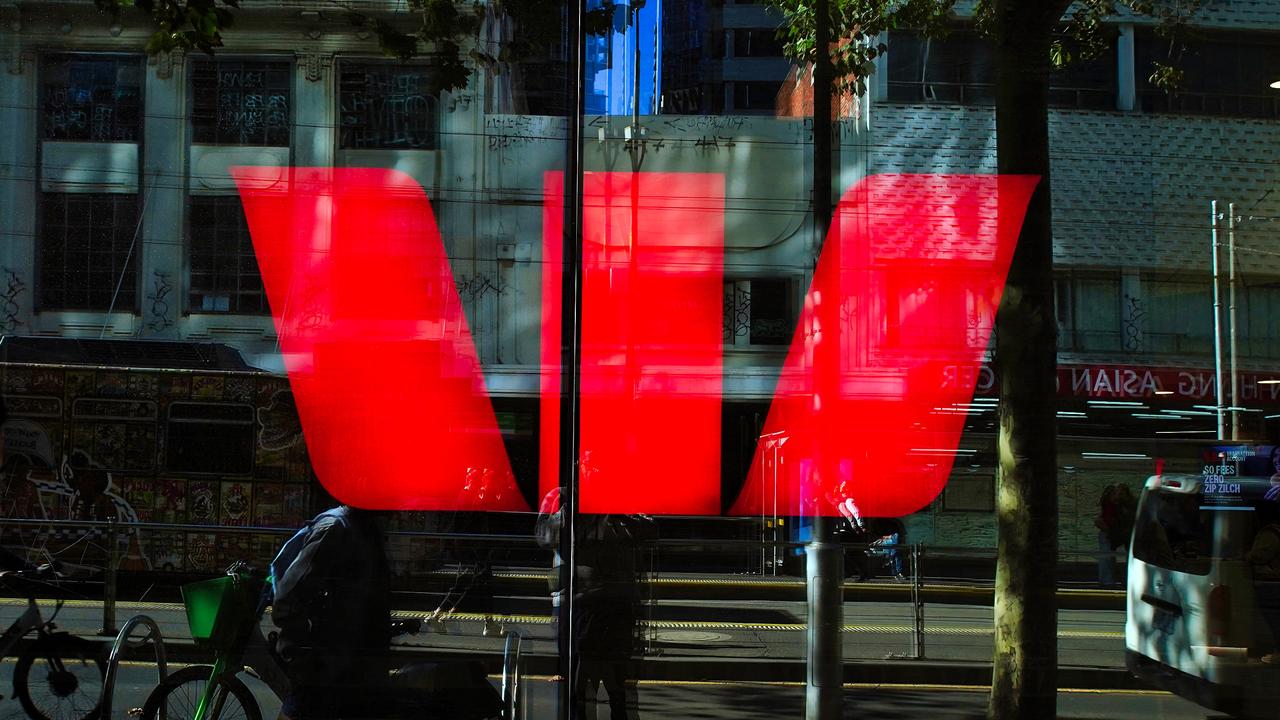

The instant wrangle over the definition of super is a battle over what kind of changes the Albanese government will get to make on the $3.3 trillion system.